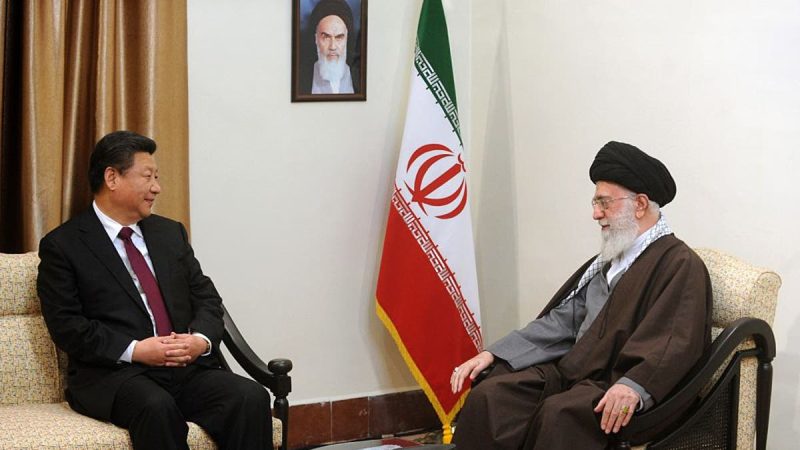In 2023, President Joe Biden will face a multitude of foreign policy challenges on the global stage, and some of the most challenging situations will emerge from the two great powers of our times, China and Russia, and continued geopolitical tensions in the Middle East.
Relations between the United States and China have been deteriorating since President Trump took office in 2017. The long-term implications of the U.S.-China trade war, the impact of the coronavirus pandemic, and the human rights crisis in Xinjiang are all foreign policy matters that will remain the center of attention for the remainder of the Biden Administration. As China continues to expand its influence throughout Asia, especially with its extensive Belt and Road Initiative, the U.S. will need to accurately assess the situation, abide by international law, and develop a strategy to secure America’s interests without further exacerbating already troubling and fragile relationships.
The political situation in Russia has been complicated in the wake of President Putin’s aggressive expansionist policies, most notable of which are the Crimean and eastern Ukraine conflicts, as well as his attempts to destabilize the West. Additionally, the looming threat of Russia’s nuclear program and potential interference in other nations’ election processes raises the stakes for U.S. foreign policy engagement with Russia even higher. Although President Biden’s predecessor initiated several initiatives such as the New START Treaty and Open Skies Agreement, there are still opportunities for further engagement with the Kremlin, such as rejoining the INF Treaty in order to prevent increasingly dangerous nuclear arms races.
The situation in the Middle East is particularly volatile, with multiple armed conflicts still ongoing in Yemen, Iraq, and Syria. In order to protect civilians and promote stability in the region, President Biden needs to effectively utilize U.S. resources and work with both regional and global partners in order to prevent further escalation of violence. The U.S. also needs to actively support the UN-backed Libyan Political Dialogue Forum, which is trying to find a political solution to the ongoing civil war in Libya. In addition, the U.S. must seek to develop closer ties with the Gulf Arab states, and ultimately build a network of allies in the region that can help reduce the threat of terrorism and extremism.
As the Biden Administration faces these formidable foreign policy challenges, it’s imperative that the President proactively assess each situation and develop an effective strategy that not only protects America’s interests, but also promotes peaceful and just solutions throughout the world.

